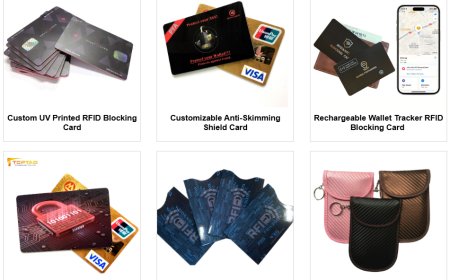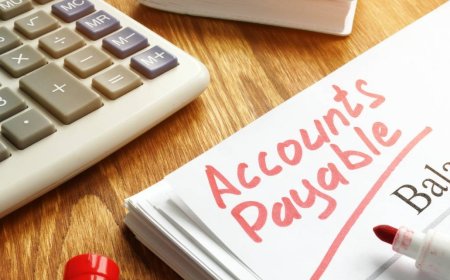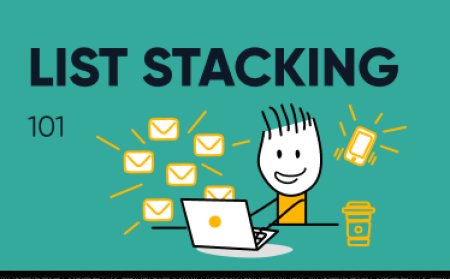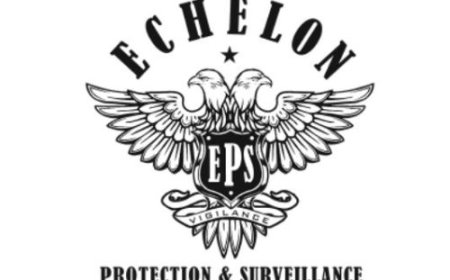Know Your Rights: How to Handle Debt Collection Harassment from Recovery Partners
Know Your Rights: How to Handle Debt Collection Harassment from Recovery Partners

In todays economic climate, debt collection has become a common part of life for many Americans. Whether it's medical bills, credit card debt, or personal loans, falling behind can trigger a series of collection efforts. One company often mentioned in this context is Recovery Partners. If youve been receiving frequent calls, threatening letters, or feel overwhelmed by the tactics used, you may be dealing with Recovery Partners Debt Collection Harassment.
Fortunately, you are not powerless. There are federal and state laws in place to protect consumers from abusive debt collection practices. Understanding your rights and learning how to respond can help reduce stress and even stop the harassment altogether.
What Constitutes Debt Collection Harassment?
Before we dive into legal solutions, its important to define what harassment actually means in a debt collection context. Harassment isnt just about being contacted repeatedly, although that can be part of it. According to the Fair Debt Collection Practices Act (FDCPA), debt collectors may not engage in:
-
Threats of violence or harm
-
Use of obscene or profane language
-
Repeated calls intended to annoy, abuse, or harass
-
Calling before 8 a.m. or after 9 p.m. (local time)
-
Publishing your name on a list of people who refuse to pay debts
-
Lying about the amount you owe
-
Falsely claiming to be attorneys or law enforcement
If youre experiencing any of the above from Recovery Partners or another agency, you may have a legal claim for harassment.
The Legal Framework: FDCPA and Your Rights
The FDCPA is your first line of defense. Enacted in 1977, this federal law is enforced by the Federal Trade Commission (FTC) and the Consumer Financial Protection Bureau (CFPB). The FDCPA specifically regulates third-party debt collectors, which include companies like Recovery Partners.
Heres what the FDCPA guarantees:
-
Right to request verification of the debt: Within five days of first contact, the collector must send a written notice with the amount owed, the name of the original creditor, and your rights to dispute the debt.
-
Right to dispute: If you send a written dispute within 30 days, the collector must stop efforts until they verify.
-
Right to limit contact: You can request in writing that the collector cease all communications. Once they receive your letter, they can only contact you to confirm they will stop or to inform you of a legal action.
If a collector violates these rights, you can sue them in state or federal court within one year. You may be entitled to $1,000 in statutory damages plus compensation for emotional distress, legal fees, and any actual harm.
How to Deal with Recovery Partners Legally and Effectively
If you believe you're being harassed by Recovery Partners, here are the key steps to follow:
1. Document Every Interaction
Keep a log of phone calls, save voicemails, take screenshots of texts, and file away all written correspondence. Evidence is critical if you later decide to take legal action.
2. Request Written Validation of the Debt
Under the FDCPA, you can request written verification. If the debt is inaccurate or not yours, you have the right to dispute it. Never acknowledge the debt or agree to pay unless you are sure its valid.
3. Send a Cease and Desist Letter
If the contact is excessive or threatening, you can formally demand that Recovery Partners stop contacting you. This does not erase the debt, but it does limit communication to only essential matters.
4. File Complaints
You can file complaints with:
-
The Consumer Financial Protection Bureau (CFPB)
-
Your State Attorney General
-
The Federal Trade Commission (FTC)
These organizations can investigate the matter and pressure the agency to comply with consumer protection laws.
5. Consult a Consumer Rights Attorney
If you feel your rights have been violated, legal counsel can provide clarity and representation. Many consumer protection lawyers offer free consultations and may take cases on a contingency fee basis, meaning they only get paid if you win.
Common Consumer Experiences with Recovery Partners
Many consumers report similar issues when dealing with Recovery Partners:
-
Receiving calls multiple times per day, even at work or on weekends
-
Being pressured into making payments they cant afford
-
Feeling intimidated by an aggressive tone or threats of legal action
While some of these tactics may be legal, crossing the line into harassment opens the door for legal action. Consumers who recognize the red flags early and take proactive steps can protect their peace of mind and their rights.
Preventative Tips for the Future
While you can't always avoid debt, you can reduce your chances of facing aggressive collections:
-
Check your credit report regularly for errors or unfamiliar accounts
-
Negotiate directly with original creditors before the debt is sent to collections
-
Set up payment plans when possible, and get everything in writing
-
Keep records of all agreements and payments you make
Staying informed is one of the most powerful tools you have. The more you understand your rights, the more confident you'll feel in any interaction with debt collectors.
Final Thoughts
Dealing with debt is tough, but dealing with harassment from collectors like Recovery Partners is unacceptable and unlawful. Knowing your rights under the FDCPA can be the difference between feeling trapped and taking control of the situation.
If you're facing repeated or aggressive contact, don't wait. Learn your options, document everything, and consider speaking to a legal expert. You don't have to navigate this alone.
For anyone struggling with Recovery Partners Debt Collection Harassment, remember: help is available, and your rights are protected by law.







































